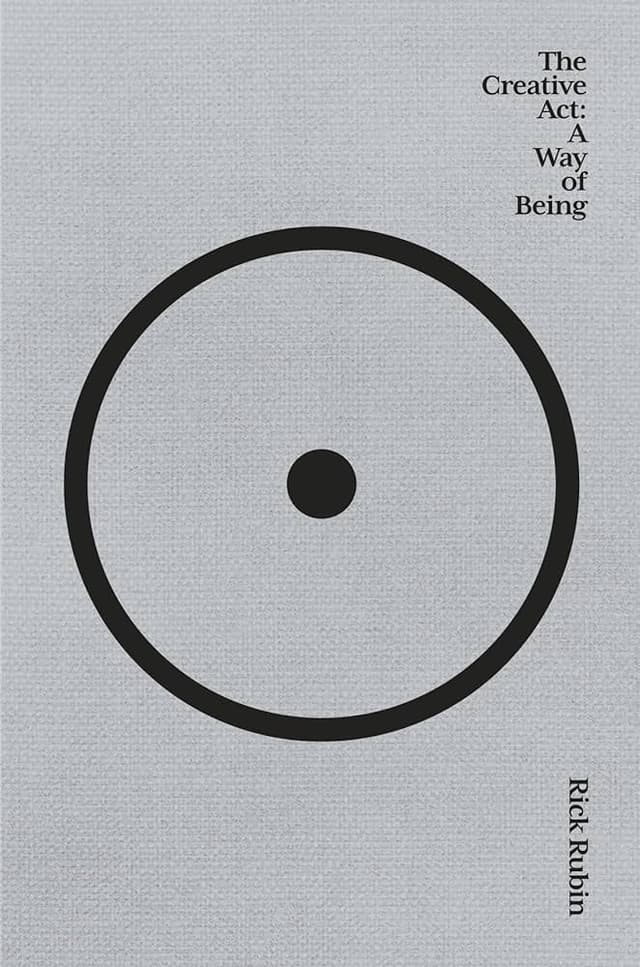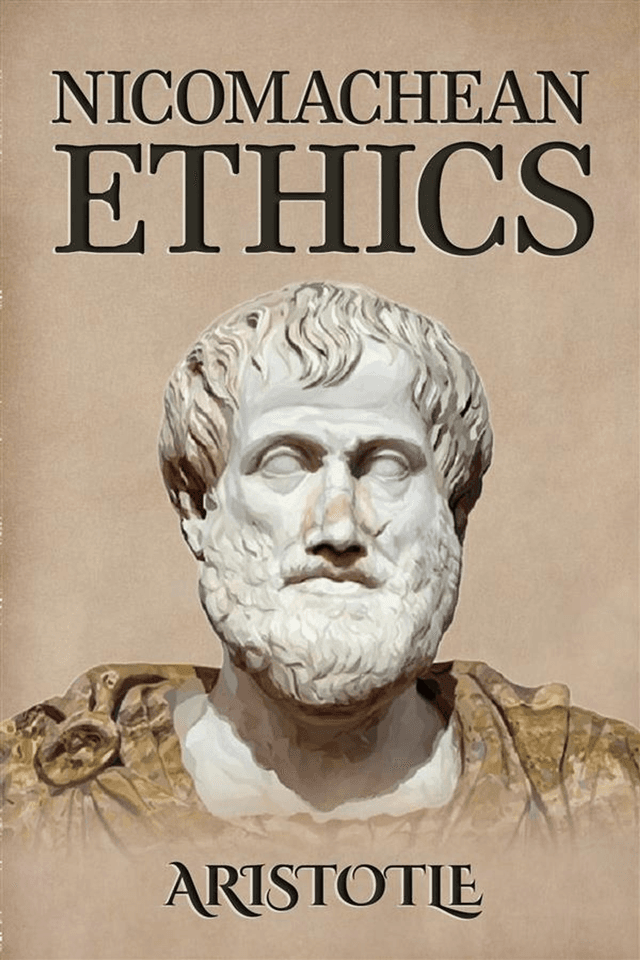The Creative Act vs. Nicomachean Ethics
The Creative Act
“I set out to write a book about what to do to make a great work of art. Instead, it revealed itself to be a book on how to be.” —Rick Rubin
Nicomachean Ethics
"Nicomachean Ethics," written by the ancient Greek philosopher Aristotle, is a foundational text in Western philosophy. This work explores the nature of ethical virtue and the path to a good and fulfilling life. Aristotle delves into concepts such as happiness (eudaimonia), virtue (arete), and the importance of practical wisdom (phronesis). The text is a detailed examination of how individuals can achieve moral and intellectual virtues through habitual practice and rational deliberation.
Reviews
Reviews
| Item | Votes | Upvote |
|---|---|---|
| No pros yet, would you like to add one? | ||
| Item | Votes | Upvote |
|---|---|---|
| No cons yet, would you like to add one? | ||
| Item | Votes | Upvote |
|---|---|---|
| Essential reading for students of philosophy and ethics | 1 | |
| Practical wisdom | 1 | |
| Offers profound reflections on ethics and the good life | 1 |
| Item | Votes | Upvote |
|---|---|---|
| Dense and complex | 1 |
Frequently Asked Questions
'The Creative Act' by Rick Rubin focuses on the process of creativity and self-discovery, making it particularly relevant for artists seeking inspiration and understanding of their craft. In contrast, 'Nicomachean Ethics' by Aristotle serves as a foundational text in ethics and philosophy, providing insights into moral virtues and the pursuit of a good life. Therefore, if you are an artist, 'The Creative Act' may resonate more with your experiences, while 'Nicomachean Ethics' is essential for those studying philosophy.
'Nicomachean Ethics' offers a detailed examination of ethical virtues and practical wisdom, making it a strong candidate for those seeking guidance on living a fulfilling life through moral and intellectual virtues. On the other hand, 'The Creative Act' emphasizes the creative process and personal growth, which can also contribute to a fulfilling life, particularly for those in creative fields. Ultimately, the choice depends on whether you are looking for philosophical insights or creative inspiration.
'Nicomachean Ethics' is often described as dense and complex, which can make it challenging for some readers, especially those unfamiliar with philosophical texts. In contrast, 'The Creative Act' is likely to be more accessible and engaging for a broader audience, focusing on creativity rather than intricate philosophical arguments. Therefore, if ease of reading is a priority, 'The Creative Act' may be the better choice.
'The Creative Act' by Rick Rubin is a book that explores the essence of creativity and being. Initially intended to be a guide on how to create great works of art, it evolved into a broader examination of how to live a creative life. The book delves into the philosophical aspects of creativity, providing insights and reflections on how to harness one's inner creative potential.
Rick Rubin is a renowned music producer and co-founder of Def Jam Recordings. He has worked with a wide array of artists across various genres, including Johnny Cash, Beastie Boys, and Red Hot Chili Peppers. Known for his minimalist production style and profound influence on the music industry, Rubin has also ventured into writing, with 'The Creative Act' being one of his notable works.
'The Creative Act' touches on several key themes, including the nature of creativity, the importance of mindfulness, and the process of artistic expression. Rick Rubin emphasizes the significance of being present and open to inspiration, as well as the value of persistence and authenticity in the creative journey.
As of now, there are no user-generated pros and cons for 'The Creative Act'. However, readers may appreciate its deep philosophical insights and practical advice on creativity. Some may find its abstract nature challenging, depending on their expectations and familiarity with Rubin's style.
'Nicomachean Ethics,' written by the ancient Greek philosopher Aristotle, is a foundational text in Western philosophy. This work explores the nature of ethical virtue and the path to a good and fulfilling life. Aristotle delves into concepts such as happiness (eudaimonia), virtue (arete), and the importance of practical wisdom (phronesis). The text is a detailed examination of how individuals can achieve moral and intellectual virtues through habitual practice and rational deliberation.
Pros of 'Nicomachean Ethics' include it being essential reading for students of philosophy and ethics, offering practical wisdom, and providing profound reflections on ethics and the good life. However, a con is that the text can be dense and complex.





















